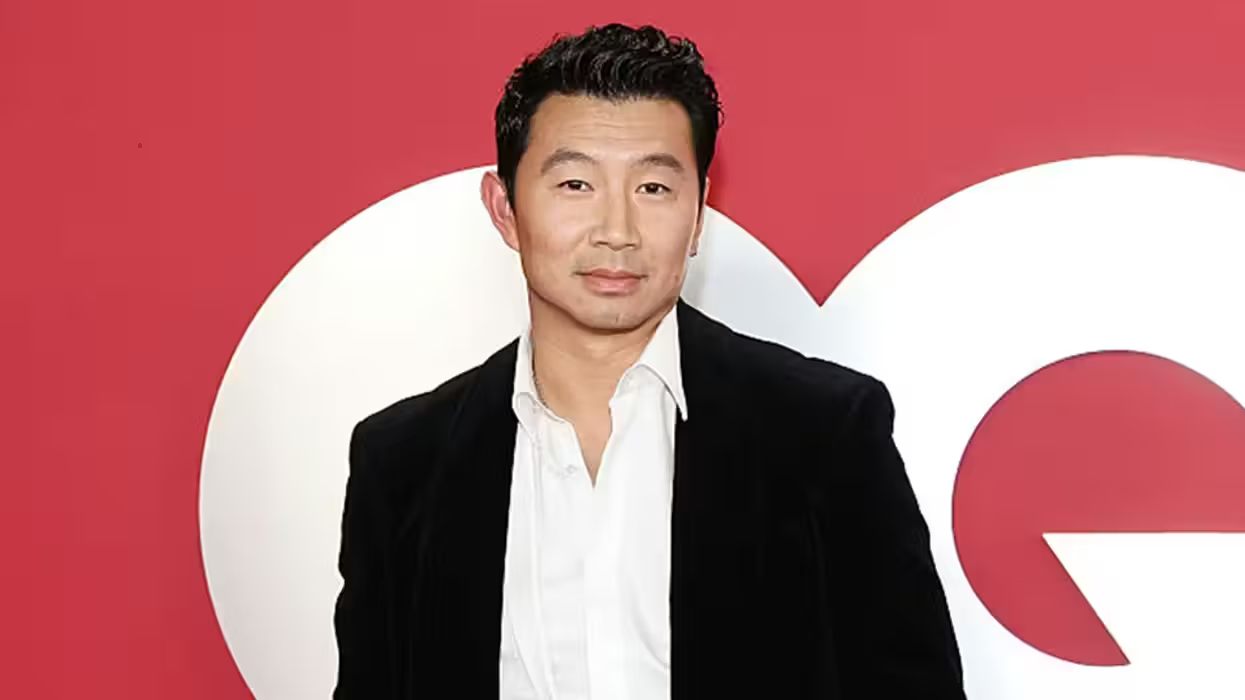In a new study regarding the grammar of politics, researchers from the University of Kent found that conservatives prefer nouns, according to the Daily Mail.
The study found that conservatives are more likely than liberals to refer to things by their names rather than by their descriptive features.
For example, a conservative is more likely to say that someone is “an optimist” rather than “optimistic.”
Dr. Aleksandra Cichocka, who led the study, told the Daily Mail that conservatives are more likely to use nouns because they convey a sense of familiarity and tradition.
 Researchers studied the speeches of Republican and Democratic presidents and determined that grammar can be an identifying factor of a person's politics. (Alex Wong/Getty Images)
Researchers studied the speeches of Republican and Democratic presidents and determined that grammar can be an identifying factor of a person's politics. (Alex Wong/Getty Images)
Cichocka’s team analyzed speeches delivered by politicians in Poland, Lebanon and the U.S.
“We wanted to collect data in different languages and different socio-political contexts,” Cichocka told the MailOnline.
In their examination of American politicians, the researchers analyzed 45 speeches delivered by Republican presidents and 56 speeches delivered by Democrat presidents.
“[The United States] has a two-party system,” Cichocka said. “Therefore, it was fairly easy to identify the more conservative presidents, representing the Republican Party, and the more liberal presidents, representing the Democratic Party, for language analysis.”
“We hope that future research would examine the consequences of using or being exposed to nouns as well as other grammatical forms,” Cichocka said. “For example, it would be interesting to examine whether noun forms would turn out to be more persuasive to conservatives than liberals.”
—
Follow Kate Scanlon (@kgscanlon) on Twitter

 Researchers studied the speeches of Republican and Democratic presidents and determined that grammar can be an identifying factor of a person's politics. (Alex Wong/Getty Images)
Researchers studied the speeches of Republican and Democratic presidents and determined that grammar can be an identifying factor of a person's politics. (Alex Wong/Getty Images)






